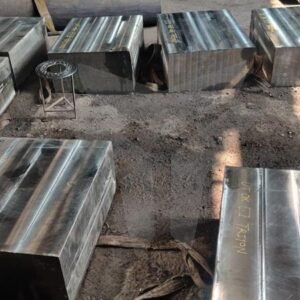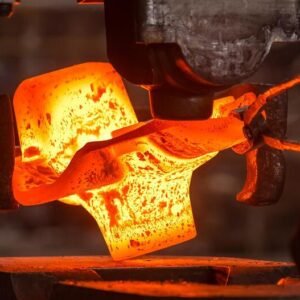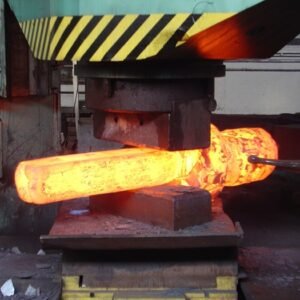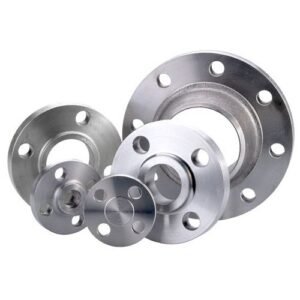
Description
Introduction
- Start by defining deep hole drilling and its importance in producing precise, accurate, and high-quality holes in various materials.
- Highlight its critical role in industries like aerospace, automotive, oil and gas, and medical manufacturing.
- Build intrigue by emphasizing the complexities and skill involved in the process, as well as the value of working with professionals.
- Briefly outline the blog’s purpose to explore deep hole drilling, the equipment used, factors affecting quality, best practices, and benefits of professional services.
Body Sections
1. What is Deep Hole Drilling and Why is it Important?
- Define deep hole drilling, distinguishing it from standard drilling processes.
- Touch on its applications in industries, from creating medical instruments to automotive engine components.
- Explain why precision and accuracy are critical to success, especially for high-stress or safety-critical applications like turbines or hydraulic cylinders.
2. Equipment and Technology
- Discuss the specialized machines and tools required for deep hole drilling, including gun drills, BTA (Boring and Trepanning Association) systems, and ejector drills.
- Highlight the role of coolant systems in maintaining tool longevity and ensuring smooth operations.
- Explain how advancements like automated CNC drilling machines and real-time data monitoring have revolutionized the process for consistency and speed.
3. Factors Affecting Drilling Quality
- Material Selection
- Discuss how different materials (like steel, titanium, or composites) impact the process, especially in terms of heat and tool wear.
- Optimal Drilling Parameters
- Cover the importance of feed rate, speed, and lubrication in maintaining accuracy.
- Chip Evacuation Techniques
- Explain how proper chip removal prevents clogging, reduces friction, and ensures a smoother final surface finish.
4. Best Practices for Deep Hole Drilling
- Lay out a step-by-step guide to performing deep hole drilling, emphasizing planning, setup, and execution.
- Share tips for maintaining hole straightness, such as proper tool alignment and monitoring drill stability.
- Offer troubleshooting advice for issues like tool breakage, overheating, or poor surface finishes.
5. Benefits of Using Professional Deep Hole Drilling Services
- Highlight the expertise professionals bring, reducing the risk of costly errors or material wastage.
- Discuss the advantages of accessing state-of-the-art equipment without requiring in-house investment.
- Share how professional services ensure quality assurance and meet strict industry standards, saving businesses time and resources.
6. Case Studies and Success Stories
- Include real-world examples of how expert deep hole drilling solved complex challenges, like reducing production time or achieving specific tolerances.
- Showcase innovations or creative problem-solving in past projects that highlight the value of working with professional teams.
Conclusion
- Recap the pivotal role of deep hole drilling in ensuring precision, durability, and quality across industries.
- Reiterate the importance of partnering with professional services for reliable outcomes and access to the latest tools and technology.
- Encourage readers to reach out to [Your Company Name] for expert deep hole drilling services, offering a call to action like, “Contact our specialists today and take your projects to the next level with precision drilling expertise.”





